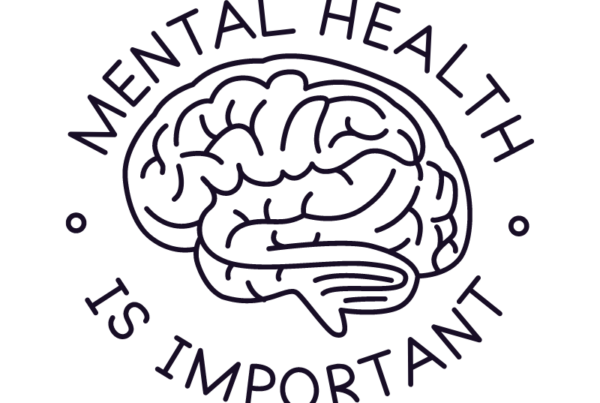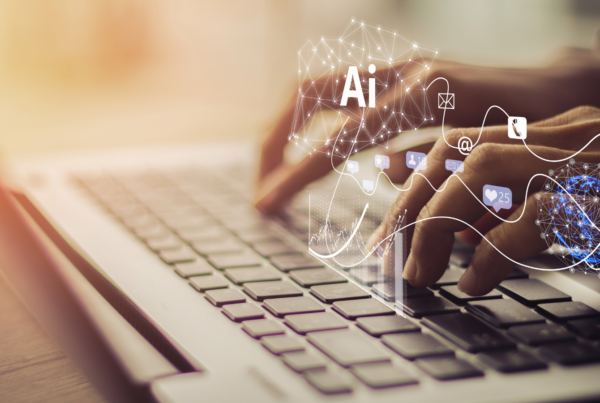The legal business is being assailed by tech-driven change (just like every other business.)
Solo and small firms are in a precarious position now.
Technology is commoditizing low-level legal work. Because that kind of work can be easily automated or outsourced.
That’s the bad news. Now…
What can’t be easily outsourced or automated is wisdom.
The kind that comes from lots of experience solving many different problems for many different people.
Intuition is often based on wisdom, by the way.
And guess what?
Computers don’t have intuition or wisdom.
What they have are algorithms.
Computers solve the problems that programmers can easily create algorithms to solve.
Which is a lot of problems. But not all of them.
And certainly not the most interesting ones.
So if you feel threatened by rampant technological change, and find yourself struggling to keep up, here’s a powerful, little-known fact.
You don’t need to keep up with technology.
You just need to work on developing wisdom. (Or tap into it more if you already have it, which I bet you do).
In the next blog post I’ll explain what kind of wisdom lawyers need to succeed.
Even with the looming prospect of “artificial intelligence.”
After all, according to the pundits (who also are enthralled by ‘Game of Thrones’), “winter is coming”…
That is, artificial intelligence will supposedly replace the decisions made by lawyers. And then we’ll be obsolete.
Hmmmmm, that’s a great suspense plot for a movie, but…
Don’t let yourself be lulled into laying down your weapons (i.e. your wisdom and thoughtfulness)
And don’t join the cult of tech worshippers.
Technology is not the key to success in business.
You don’t need to know more about technology.
You just need to focus on actionable insights.
Yes, winter may be coming. But you have more resources to cope with it than you probably think.
Technology creates massive leverage when you use it selectively. This short Assessment will help you discover which tools you should be using to make massive improvements.










Ernie–With all due respect, I think that you may have missed the Tsunami that’s coming. Here’s why: Law, like every other activity, can be analyzed by applying economic theory. In the case of technology, we know that technology will allow us to become more productive. That means that the available “supply” of legal services that any individual can product will increase. In turn, unless the number of lawyers dramatically decreases, the price “consumers” pay for legal services will fall because there will be a great oversupply of such services. This will lead to gross disparities in income among lawyers, with those at the top (in your terms, presumably those with more wisdom, but in my terms those who are better salesmen) making huge profits and with most of the rest of us just scratching by. We see this now in the very large firms where there is a broad stratification of income between lower end “partners” (whom we know are partners in name only) and those at the top. Of course, even in the past there was a significant spread between top and bottom, but nowhere like it is today and nothing like it will be in say 10-15 years time. I would suggest that you look to the difference in total economice gains that accrues to capital v. labor. See, e.g., here: https://blogs.imf.org/2017/04/12/drivers-of-declining-labor-share-of-income/
Thanks for sharing those observations, Stuart. It’s possible that I agree with you more than you appreciate, and that you agree with me more than you appreciate. We humans are good at understanding things (1) when we spend time studying them, and (2) when we put them in proper context.
Both of those things are hard to do, and harder to do consistently.
Computers have massive advantages in making calculations, parsing data, and doing so quickly. But computers have limits just like humans do.
All I’m really saying (to humans) is “take stock of abilities that you have and might not be making enough use of.”
We humans have the power to become curious and ask questions. Computers aren’t inherently “curious.” And they don’t ask questions; they answer questions put to them by humans.
So my question is: why does that matter?
Maybe it doesn’t. But it’s a good question to ask.
And it’s one a computer can never answer directly.